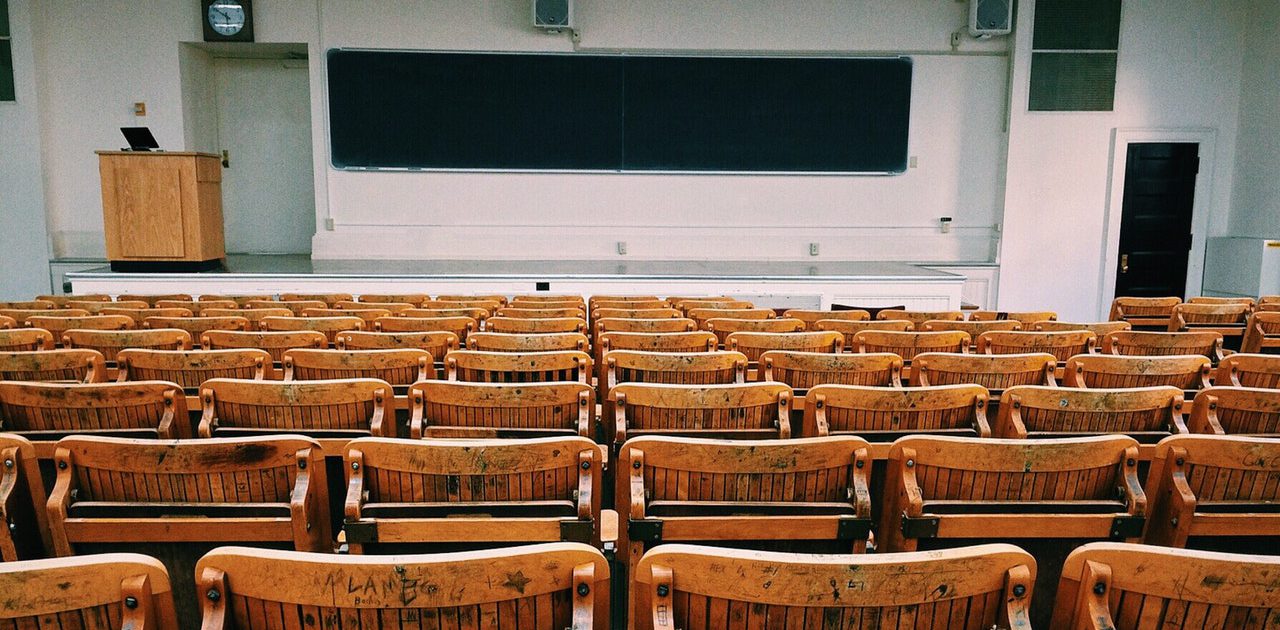Recently published guidelines for the education sector in relation to COVID-19 do not include protocols for what should happen in the eventuality of school closure or class quarantine, raising the spectre of prior last minute decisions that wreaked havoc on the private sector workforce’s ability to report for work.
While parents and companies might breathe a sigh of relief at authorities’ apparent certainty that schools will not close under any circumstances, the lack of published procedures for quarantine measures in case of a COVID-19 outbreak in a particular class may give them pause for thought.
The guidelines for the coming scholastic year, which commences next week in public schools, include measures like the bubble concept and mandatory masks for all but the youngest pupils, and stipulates the distance between desks.
However, they contain no mention of the procedures that should be followed in the event that classes need to move back online, whether that might happen due to a national spike in infections or due to the detection of a case of COVID-19 in a particular class.
The only guideline in the case of a COVID-19 infection in a particular class is that fully vaccinated primary contacts of an infected person may obtain an early release from quarantine, as per the established standards which state that a PCR test may be booked seven days after the last contact with the infected person.
Fines related to absenteeism were waived for the last scholastic year, but are now back in force, with parents no longer having the option to keep their children at home.
The document argues that “now, the overwhelming priority is to enable the physical presence of children in school whilst protecting the health of children and the school community”.
The document does acknowledge that school closures may occur: “The temporary closure of schools should be considered a measure of last resort in an aim to curb uncontrolled viral spread because otherwise the losses incurred through schools’ closure are too great.”
School closures have been heavily criticised by business lobbies concerned about the effect they have on their workforce.
The Malta Chamber of Commerce, Enterprise and Industry, reacting to a dispute between the public school sector and the Malta Union of Teachers (MUT) in January, warned that leaving schools closed risked “leaving some economic sectors without their essential human resources at a time when the economy can least afford more interruptions.”
At the same time, the Malta Employers Association said there is a “shared responsibility to ensure an outcome that meets the interests of students, teachers, parents and their workplaces.”
The effect of remote learning on workplaces is far-reaching, with many parents forced to stay home with their children unable to work remotely.
Responding to the situation in March, when the country entered another partial lockdown, the Government reintroduced the support scheme for those parents taking unpaid leave to care for their children.
Employers take umbrage at video promoting public sector’s flexible work arrangements
The video outlines a range of flexibility options available to public sector employees
Malta’s inflation eases to 2.5% in January as food prices remain main driver
While overall inflation continued to moderate at the start of the year, price pressures remain uneven across categories
Final call for food and beverage manufacturers to exhibit at SIAL Paris
SIAL Paris is one of the world’s leading international food and beverage exhibitions






